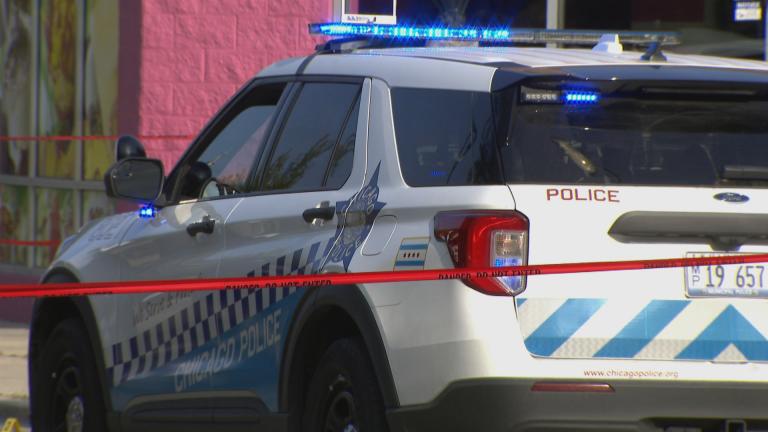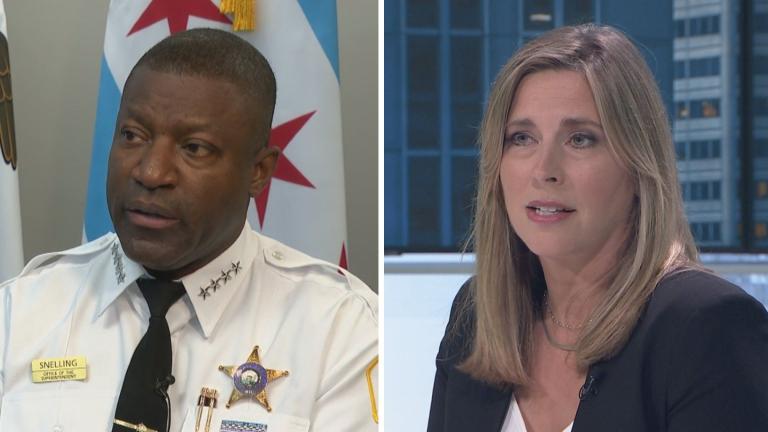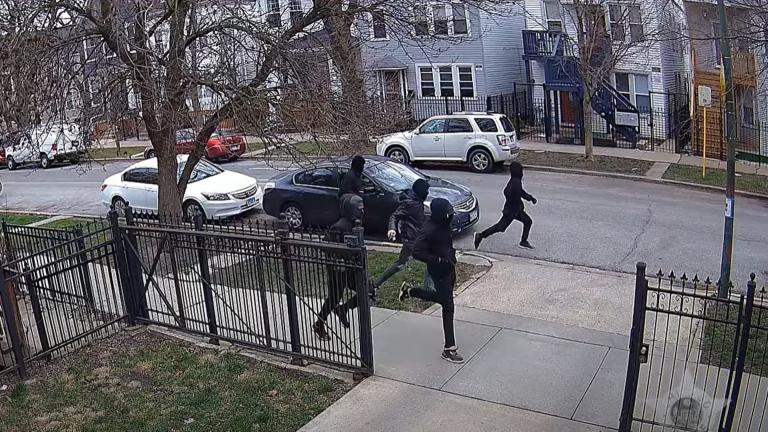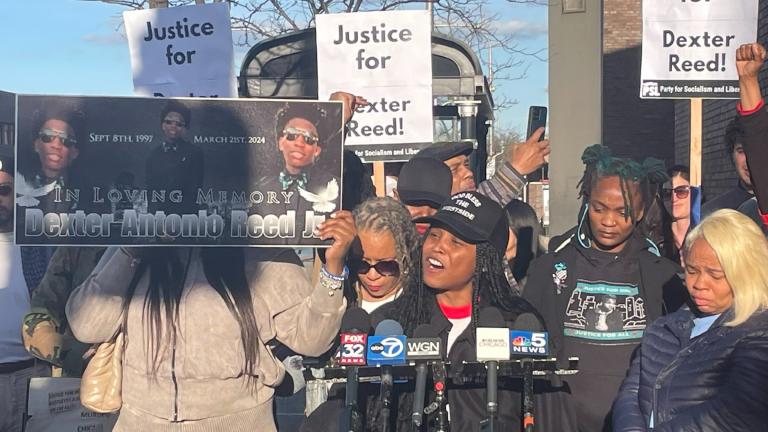More than 1,000 members of the Chicago Police Department were scheduled to work 11 or more consecutive days between April 1 and May 31, according to the results of an inquiry released Thursday by the city’s watchdog.
Inspector General Deborah Witzburg conducted the inquiry after Supt. David Brown’s decision to repeatedly cancel officers’ scheduled days off during the historically violent summer months erupted into controversy.
“As the policy conversation around CPD’s scheduling practices — and their impacts on CPD members — continues in the public sphere and in Chicago’s legislative body, stakeholders and decisionmakers will be best-served by using and sharing clear and accurate data,” Witzburg said.
Mayor Lori Lightfoot has repeatedly defended Brown’s decision to cancel regular days off, calling it necessary to protect Chicagoans from a significant increase in crime and violence amid the continuing COVID-19 pandemic.
Lightfoot told reporters in June that officers are given ample notice of any change to their schedules and have “an incredible amount of time off” guaranteed by their union contract.
However, the leadership of the Fraternal Order of Police, which represents the department’s rank-and-file members, has said that Brown’s decisions to cancel officers’ personal days is not only contributing to officer burn out but also violates the city’s contract.
An arbitrator is in the process of resolving that dispute.
Lightfoot, who is running for re-election, told reporters Monday she did not yet have an opportunity to “dig into the details” of the watchdog’s report, but said her administration was working to establish a process to ensure that officers have time off.
“Tired, emotionally wrought officers are not good for them, not good for their families, and not good, frankly for the community members they are serving,” Lightfoot said. “It is my expectation that we will be moving forward with a new set of policies so that there is more probability and certainty over what those days off look like.”
Police union President John Catanzara did not respond to a request for comment about the inspector general’s findings Monday.
The inspector general said it could not pinpoint the exact number of officers who were required to work more than 11 consecutive days because the Police Department stores “scheduling data in more than one system and location, including some records which require manual review.”
In addition, the analysis could not determine with a high degree of certainty that all of the officers scheduled to work 11 days in a row actually worked because of the Police Department’s poor data management system, according to the inquiry.
Lightfoot said she had inherited a system that tracks police officers’ attendance that was created under former Mayor Richard M. Daley.
“That’s a huge problem,” Lightfoot said, adding that the city has earmarked money to update those systems. “We’ve got to do a lot more.”
But Lightfoot criticized Witzburg for including her concerns about the Police Department’s data management systems with the public results of her inquiry “without talking to us directly.”
However, the inquiry released Monday by the Office of the Inspector General includes a response from Brown, who acknowledges that he reviewed the analysis and the data it was based on. Brown told Witzburg the department “appreciates the analysis conducted by the OIG and looks forward to continuing our relationship to improve the lives of residents of the city and members of the department.”
Lightfoot’s criticism of Witzburg marks the first public tension between the mayor and the city’s new watchdog. Lightfoot appointed Witzburg in March to replace former Inspector General Joseph Ferguson after months of leveling similar criticism at Ferguson.
In his response to Witzburg’s findings, Brown said it lacked context because it did not “holistically” examine the “circumstances faced by the city during this time,” which included the Memorial Day holiday and dozens of summer festivals.
“While the department acknowledges that is important to balance days off and public safety for the entire department, this group of individuals who may have worked more than 11 consecutive days represents approximately 10% of the total number of sworn officers employed by the CPD,” Brown wrote.
The department used the time period examined by the inspector general “as a learning experience which informed actions taken over other holidays this summer,” Brown wrote.
VIDEO: Sandy Jo MacArthur, a retired assistant chief for the Los Angeles Police Department and a consultant to the University of Chicago Crime Lab, and Ald. Matthew O’Shea (19th Ward) join “Chicago Tonight” to discuss mental health issues within the Chicago Police Department. (Produced by Andrea Guthmann)
Ald. Matt O’Shea (19th Ward) introduced a measure in July that would guarantee all officers would have at least one day off every seven days. Lightfoot has said she opposes that ordinance, making its chances of approval remote.
O'Shea was one of several members of the Chicago City Council to demand Brown and other police leaders stop canceling officers’ days off after three police officers died by suicide in July.
Since 2018, 10 officers have died by suicide.
Lightfoot is scheduled to unveil her proposed spending plan for 2023 in the coming weeks. Lightfoot has said her budget will “increase the resources” for the Chicago Police Department, but did not offer details.
In 2022, the Chicago Police Department had a budget of $1.9 billion.
Lightfoot acknowledged Monday that the city has had significant trouble hiring enough mental health clinician to work full time in each of the city’s 22 police districts.
Chicago is offering a starting salary of $77,000 for clinical therapists, while northwest suburban Niles is offering a salary of $95,000 for a similar position, Sobo told a joint session of the Chicago City Council’s Committees on Public Safety and Health and Human Relations on Thursday.
Lightfoot said Monday the city was considering raising the positions’ salaries, in keeping with Sobo’s recommendation.
“This is hard work,” Lightfoot said, adding that it was difficult to find the right person to serve in such a position, since they must have empathy for police officers at a time when the profession is under fire. “I’m confident we are continuing to make progress.”
Contact Heather Cherone: @Heather Cherone | hcherone@wttw.com | (773) 569-1863








